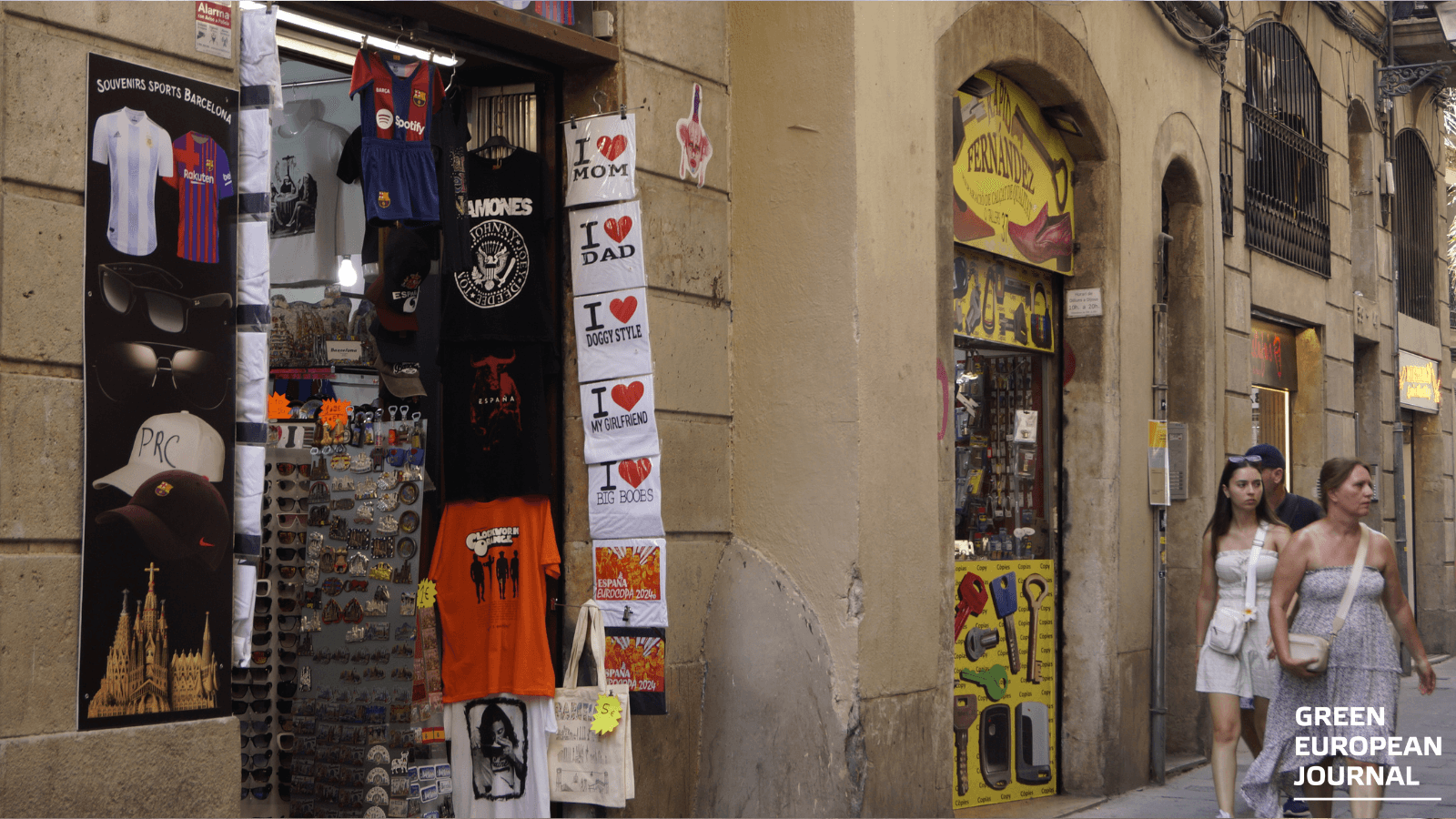AI-Generated Summary
Learn moreContext of Overtourism and Its Impact
The article discusses the pressing issue of overtourism in Barcelona, highlighting the tension between mass tourism's economic benefits and its detrimental effects on local communities. Published by the Green European Journal, which focuses on sustainability and environmental issues in Europe, the piece features insights from community organizers and local activists who advocate for a more sustainable tourism model.
The Scale of Tourism in Barcelona
Barcelona attracts over 170,000 tourists daily, with estimates suggesting around 26 million visitors in 2023 alone. Grassroots movements assert that actual numbers may be as high as 31 million, significantly outpacing the city’s permanent population of 1.6 million. Many tourists typically spend less than two nights in the city, contributing to the strain on local resources and infrastructure.
Local Discontent and Protests
Residents have expressed their discontent through graffiti and protests, calling for a reevaluation of the tourism model. The COVID-19 pandemic has intensified these sentiments, as many locals experienced a brief respite from the pressures of mass tourism. Community organizer Daniel Pardo Rivacoba notes that the rapid resurgence of tourism has been jarring for residents who remember life without the constant influx of visitors.
Housing Crisis and Its Consequences
The influx of tourists has driven up housing costs, forcing many locals to leave their homes. Pardo Rivacoba mentions the ongoing struggle of residents who must adapt to noisy environments and the diminishing availability of affordable local businesses. Recent protests have led to demands for strict regulations on tourism, including limits on cruise terminals, a ban on new tourist accommodations, and prioritization of local commerce.
Policy Responses from Local Government
In response to public outcry, Barcelona's Mayor has proposed measures such as canceling short-term rental licenses by 2028 and banning cruise ships from docking in the city center. These announcements, however, have been met with skepticism from activists who feel that they lack genuine commitment to change and are part of a neoliberal agenda.
The Call for Sustainable Tourism
Grassroots movements advocate for a transition to a "tourism degrowth" model, which emphasizes public regulations to ensure that tourism benefits local populations. Geography professor Asunción Blanco-Romero supports this approach, arguing for measures that prioritize the well-being of residents over profit-driven tourism.
Environmental Concerns and Broader Implications
The tourism sector is a significant contributor to global CO2 emissions, accounting for approximately 8.1%. In Barcelona, authorities declared a drought emergency, highlighting the environmental strain caused by mass tourism. Other European cities, such as Venice and Amsterdam, face similar challenges, prompting discussions about sustainable tourism practices.
Shifting Focus to Local Benefits
The article emphasizes the need to redirect tourism profits towards local communities rather than foreign investors and corporations. Activists argue for a more equitable distribution of tourism benefits and for policies that allow for responsible and sustainable travel.
A New European Dialogue on Tourism
The Neighbourhoods for Tourism Degrowth movement aims to foster discussions across Europe on tourism policies that prioritize local needs. Activists are hopeful that recent protests will lead to greater inclusion of local voices in European-level conversations about sustainable tourism and housing policies.
